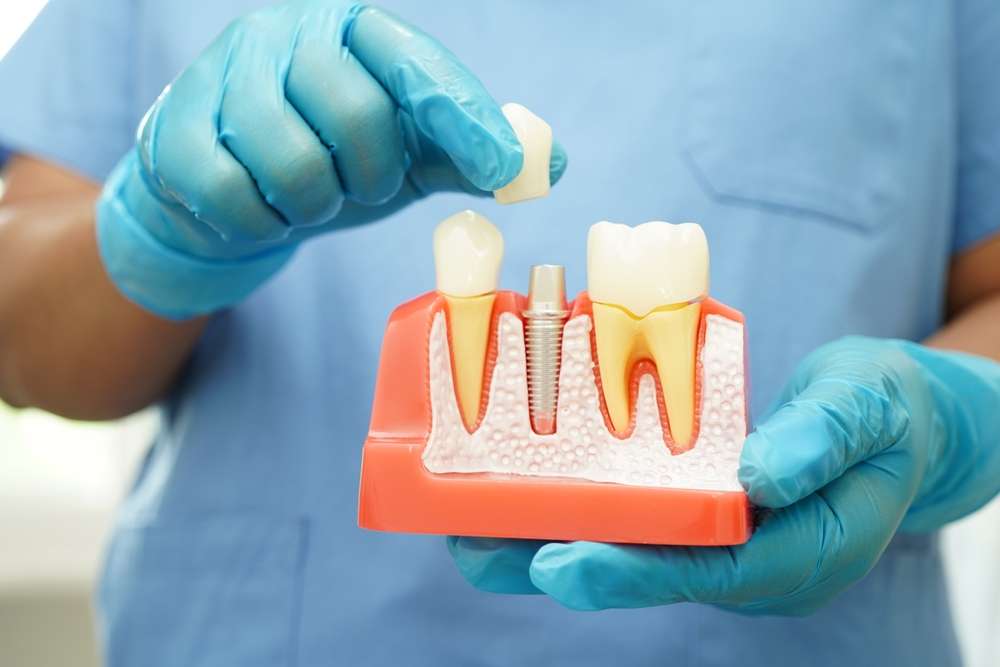Full Mouth Dental Implants For Seniors: Cost Overview in Australia 2025
Full mouth dental implants represent a significant investment in oral health for Australian seniors, with costs varying considerably based on multiple factors including location, materials, and treatment complexity. Understanding the financial implications and available options can help seniors make informed decisions about this life-changing dental procedure that offers improved functionality and quality of life.

Understanding Full Mouth Dental Implants
Full mouth dental implants provide a comprehensive solution for seniors who have lost most or all of their natural teeth. This treatment involves surgically placing titanium posts into the jawbone, which serve as artificial tooth roots to support a complete set of replacement teeth. Unlike traditional dentures, implants offer superior stability, comfort, and functionality, allowing seniors to eat, speak, and smile with confidence.
The procedure typically involves placing four to eight implants per jaw, depending on bone density and individual circumstances. Modern techniques like All-on-4 or All-on-6 systems have made full mouth restoration more accessible by maximising the use of available bone and reducing the need for additional procedures.
Full Mouth Dental Implants Cost Components in Australia
Several factors influence the total investment required for full mouth dental implants in Australia. The complexity of each case, choice of materials, and geographic location all play significant roles in determining final costs. Preliminary procedures such as tooth extractions, bone grafting, or sinus lifts may be necessary, adding to the overall expense.
The type of restoration chosen also affects pricing. Fixed bridges offer permanent solutions but typically cost more than removable options. Premium materials like zirconia or high-grade ceramics command higher prices than standard alternatives, though they often provide superior aesthetics and durability.
Surgical complexity varies between patients, with some requiring additional procedures to ensure successful implant integration. Factors such as bone quality, medical history, and healing capacity all influence treatment planning and associated costs.
What to Consider Before Getting One
Seniors considering full mouth dental implants should evaluate several important factors beyond cost. Age-related health considerations, including bone density, healing capacity, and existing medical conditions, can impact treatment success and recovery time. A comprehensive dental and medical evaluation is essential to determine candidacy.
Lifestyle factors also merit consideration. Seniors should assess their ability to maintain proper oral hygiene and attend regular follow-up appointments. The commitment to long-term maintenance is crucial for implant success and longevity.
Alternative treatments should be explored and compared. Traditional dentures, partial dentures, or implant-supported dentures may be more suitable options depending on individual circumstances, budget constraints, and personal preferences.
| Treatment Option | Provider Type | Cost Estimation (AUD) |
|---|---|---|
| All-on-4 Full Mouth | Private Dental Clinics | $20,000 - $35,000 per jaw |
| All-on-6 Full Mouth | Specialist Implant Centres | $25,000 - $45,000 per jaw |
| Traditional Individual Implants | Oral Surgeons | $35,000 - $60,000 per jaw |
| Implant-Supported Dentures | General Dentists | $15,000 - $25,000 per jaw |
Prices, rates, or cost estimates mentioned in this article are based on the latest available information but may change over time. Independent research is advised before making financial decisions.
Recovery and Long-term Considerations
The healing process for full mouth dental implants typically spans several months, during which osseointegration occurs. Seniors should plan for a recovery period that may involve dietary modifications and temporary prosthetics while implants integrate with the jawbone.
Long-term success depends on proper oral hygiene, regular dental visits, and lifestyle factors such as smoking cessation. Most implants can last decades with appropriate care, making them a worthwhile investment in quality of life for many seniors.
Complications, while rare, can occur and may require additional treatment. Understanding potential risks and having realistic expectations helps ensure satisfaction with the final outcome.
Insurance and Financing Options
Most private health insurance plans in Australia provide limited coverage for dental implants, typically classifying them as major dental work with annual limits and waiting periods. Seniors should review their policies carefully and consider upgrading coverage if planning implant treatment.
Many dental practices offer payment plans or financing options to make treatment more accessible. Government schemes and veteran benefits may provide assistance for eligible seniors, making it worthwhile to explore all available financial support options.
The significant upfront investment should be weighed against long-term benefits, including improved nutrition, speech, and overall quality of life. Many seniors find the enhanced functionality and confidence justify the expense over time.




